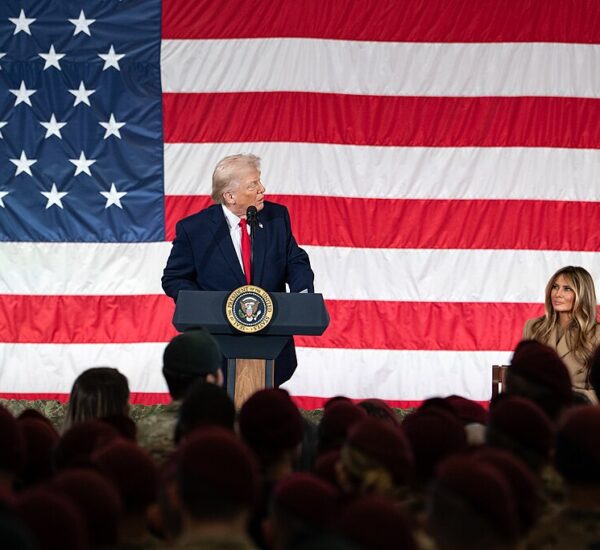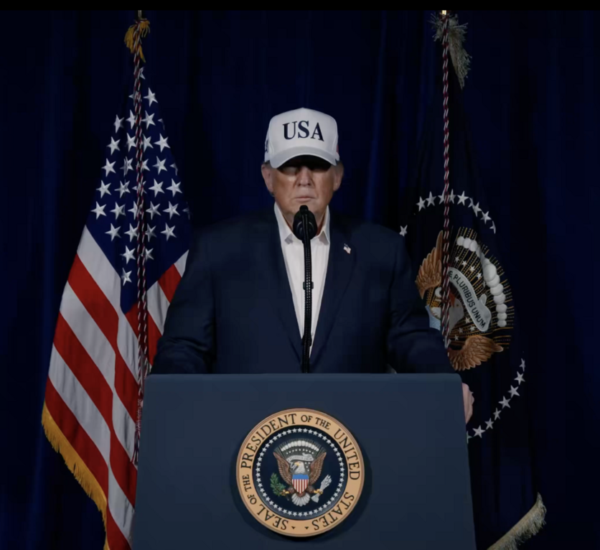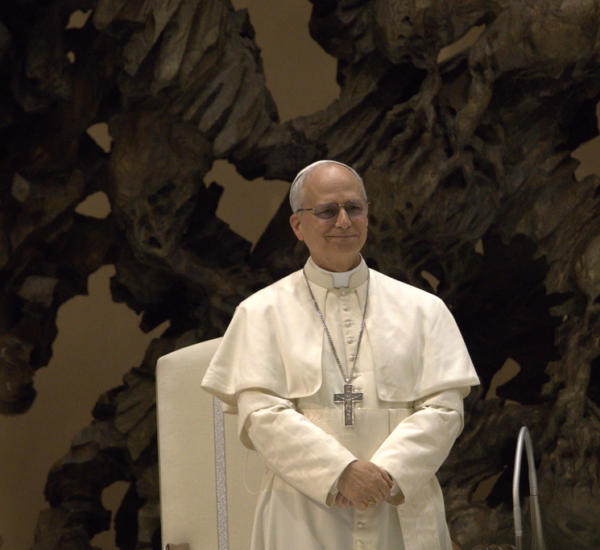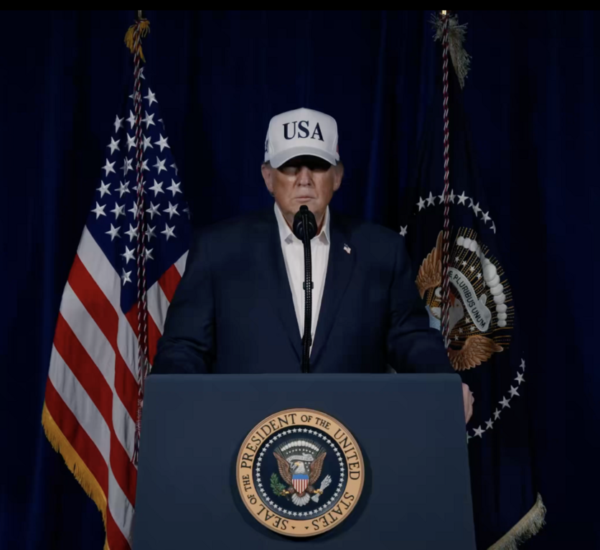McConnell is betting against Trump once again.
Former Senate Republican Leader Mitch McConnell has launched a sharp new critique of President Donald Trump’s developing strategy to bring the war in Ukraine to an end — a move that is raising eyebrows across the conservative base. As Trump works to secure a U.S.-brokered peace deal aimed at stopping a costly foreign conflict, McConnell is warning that any agreement that appears to “appease” Russia will not lead to lasting stability.
McConnell, who has repeatedly clashed with the America First wing of the GOP, took to social media Sunday night to argue that while Trump is correct in highlighting Joe Biden’s weakness on the world stage, the emerging framework for peace must not push Ukraine to make concessions while giving Russia strategic advantages. He accused Moscow of being the clear aggressor and questioned whether limiting Ukraine’s defenses would do anything to prevent future hostilities.
According to early reports about the peace proposal, Russia would retain control of Donetsk, Luhansk, and Crimea — territories seized or held since 2014 — and keep its current positions in Kherson and Zaporizhzhia. Ukraine, meanwhile, would be required to reduce the size of its armed forces, accept limits on NATO cooperation, and forfeit any immediate prospects of expanding its Western alliances. These reported terms have already sparked a fierce debate inside the Republican Party, especially among long-time defense hawks who oppose any deal perceived as too favorable to Moscow.
McConnell, who chairs the Senate Appropriations Defense Subcommittee, issued another statement last week accusing Russian President Vladimir Putin of “trying to play President Trump for a fool.” He argued that if Trump’s foreign policy team believes real peace can be achieved by rewarding Moscow’s aggression, then the President should consider replacing those advisers. The Kentucky senator warned that conceding territory to Russia would damage America’s global credibility and undermine decades of U.S. leadership in Europe.
Sen. Roger Wicker (R-Miss.), the ranking Republican on the Senate Armed Services Committee, echoed McConnell’s concern. Wicker described the early outlines of the peace plan as deeply flawed, cautioning that Ukraine should never be pressured into giving up its sovereign land to “one of the world’s most flagrant war criminals in Vladimir Putin.” He insisted that the size and structure of Ukraine’s military must remain a decision for Ukraine’s own people and government — not dictated by Russia or by international negotiators seeking a quick deal.
Conservatives across the country are now watching closely to see how Trump responds to the criticism from within his own party. Supporters of the President argue that Trump is working to end a draining war that Biden allowed to spiral out of control, while critics warn that the United States must avoid appearing weak in the face of Russian aggression. With America’s global credibility, NATO stability, and European security all intertwined, the debate over the proposed peace deal is shaping up to be one of the most significant foreign-policy battles of Trump’s second term.
As negotiations continue, one thing is clear: the Republican Party is once again divided between the America First movement, focused on ending endless wars and protecting U.S. interests, and the old-guard establishment figures who prefer a more traditional interventionist approach. How Trump balances these competing pressures will determine not only the future of U.S.–Russia relations but the direction of the GOP for years to come.






